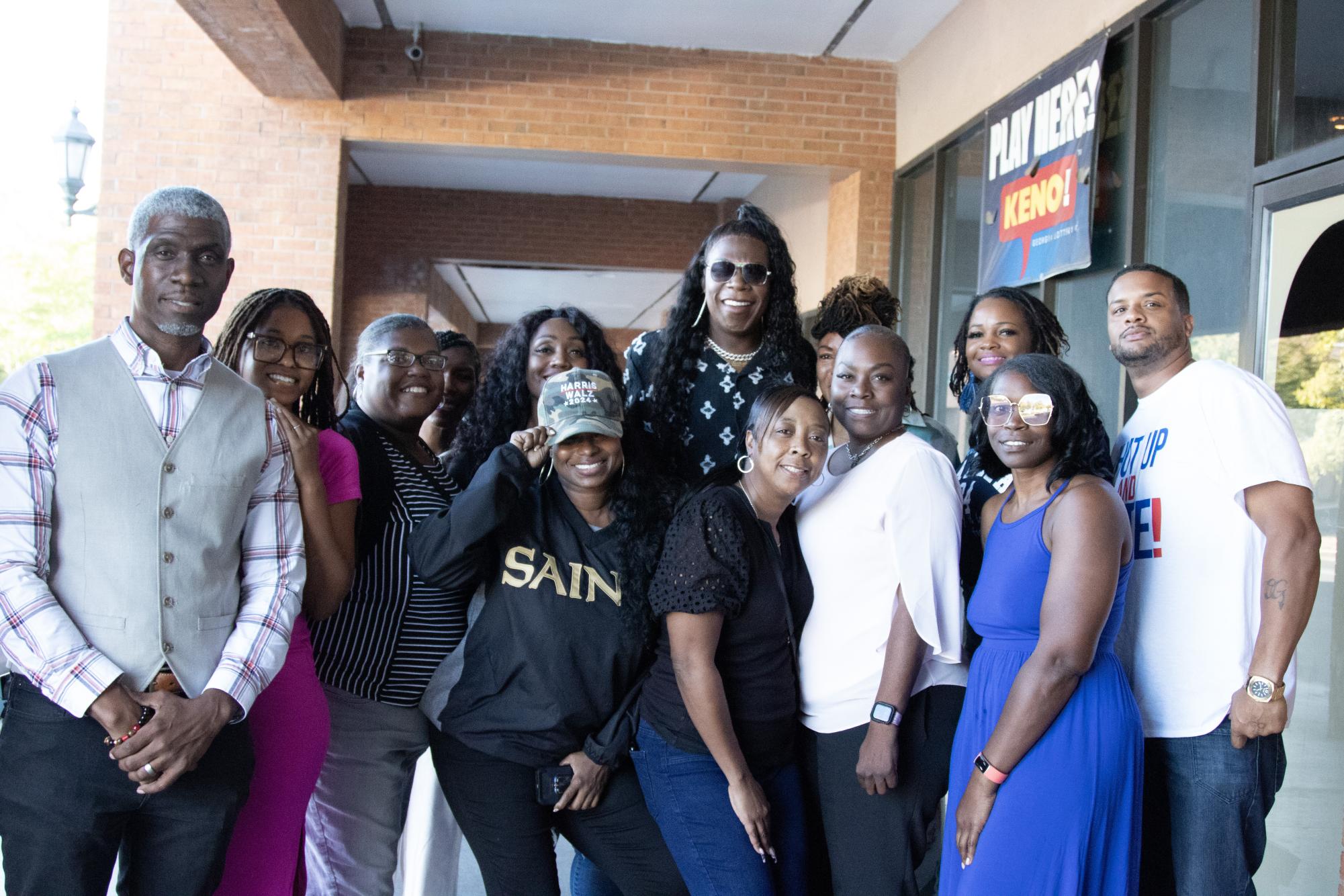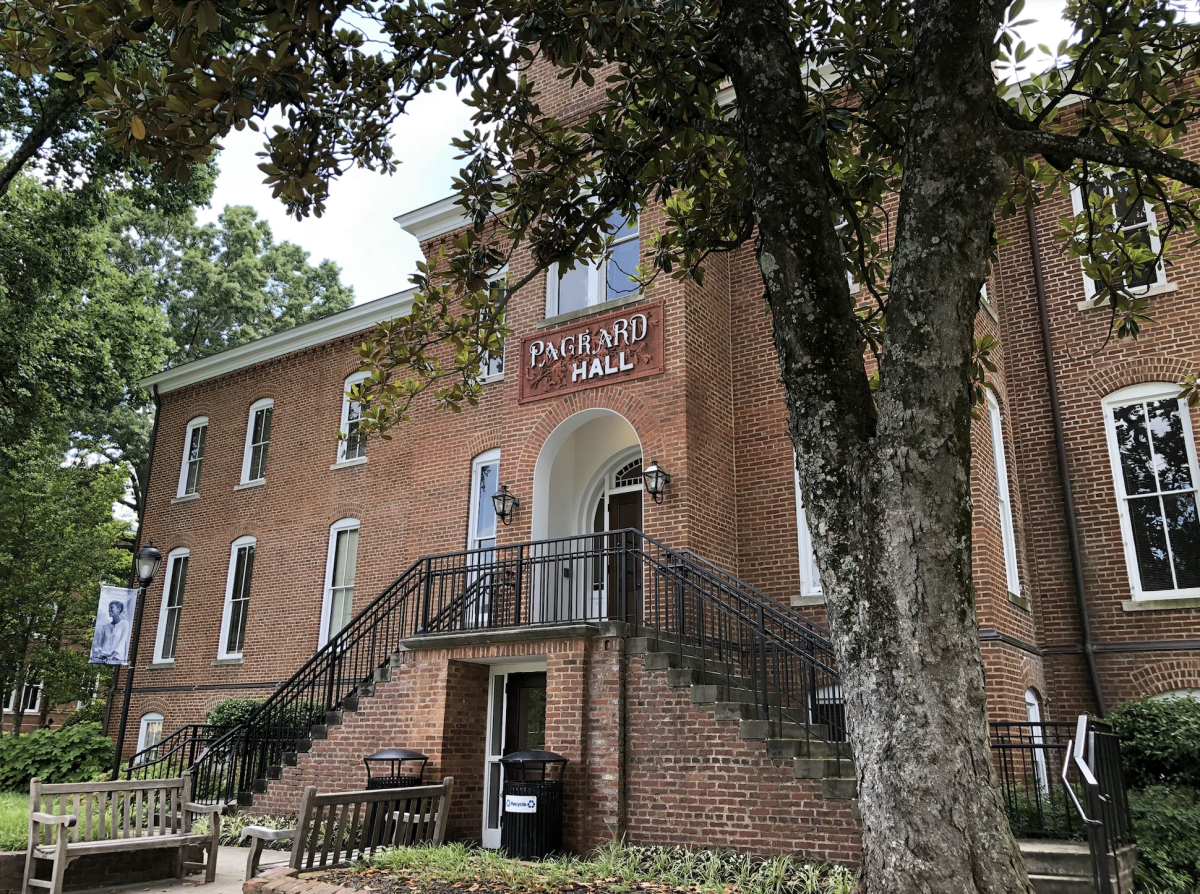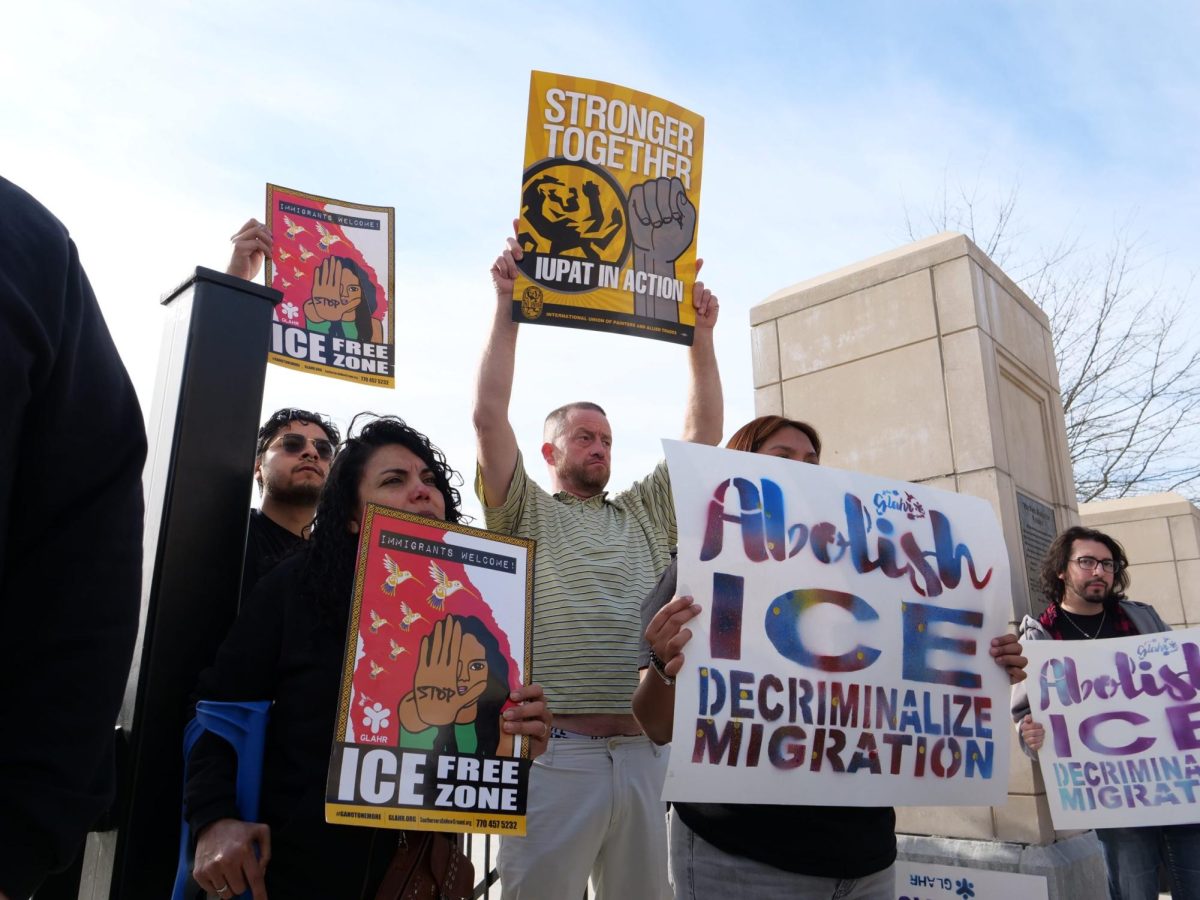With the 2024 election underway, multiple organizations are using tactics to engage young voters (Gen Z) by campaigning with celebrities and staying updated on the concerns young voters have about different candidates’ policies—particularly climate change. Climate Power is promoting its “Too Hot Not to Vote” campaign to emphasize the importance of climate change.
Climate Power is a strategic communications organization focused on climate politics. One of its main actions is educating Americans about climate progress by highlighting clean energy, investing in local communities, and holding Big Oil companies accountable for air and water pollution. With collected data, it strategizes ways to share the consequences of ignoring climate change and its impact on America’s health, economy, and future generations.
Last week, Blueprint’s co-editor-in-chief, Kylar Gray, spoke with Markeya Thomas, Climate Power’s Black Engagement senior advisor, to understand how they are engaging students for the upcoming election and their plan to sustain participation in future elections.
How does Climate Power plan on building on this momentum to engage students in the upcoming election?
We pride ourselves on being a strategic communications firm in the political landscape around climate. Our messaging resonates with young voters, specifically Black voters. Black young voters are excited about seeing a future where they can thrive. We’ve done multiple activations in Georgia, including an event with Big Freedia in Columbus and collaborating with HBCU Buzz on Instagram Live.
Why does Climate Power view student-led newspapers like The Blueprint as important partnerships? How can student newspapers help mobilize students for the election?
We believe that student journalists today will be professional working journalists in the near future. It’s important to give students as much information as possible to equip them as they go into the real world. The biggest influences are peer-to-peer, so working directly with student newspapers makes sense.
How do celebrity co-chairs and influencers like Big Freedia and Bill Nye impact Gen Z’s youth engagement?
We know the dangers and consequences of extreme weather. Big Oil companies and executives have donated billions to Trump to undo stability, while Harris has started multiple environmental justice boards and had the tie-breaking vote for the Inflation Reduction Act, ensuring 40% of funding goes to frontline communities.
How do you ensure that information about climate is simplified for young voters to understand this upcoming election?
We simplified how climate intersects with economics, which is one of the strongest pieces. Young voters are concerned about future generations. We combine good-paying jobs that don’t require a degree with clean air and water, allowing communities to thrive.
What challenges have you encountered in mobilizing young Black voters?
With the Black Engagement Program and our Black climate poll, our messaging resonates with young voters. It’s equally important to get that data in front of them so they can go into this election knowing the only option is a Harris-Walz administration.
What contrasts resonate most with young voters when comparing Kamala Harris and Donald Trump’s climate policies?
The biggest difference is that Kamala Harris and Governor Walz have extensive climate history. Walz was in office when Minnesota passed 100% clean energy, and Harris sued Big Oil companies for environmental crimes, knowing it impacts Black and Brown people the most.
Beyond the 2024 election, what are Climate Power’s goals to ensure long-term mobilization for youth voter engagement?
Getting engaged with ‘Too Hot to Vote’ means signing on to fight for our futures. We are planning for what the next four years will look like and how youth voters and youth engagement will be key.



